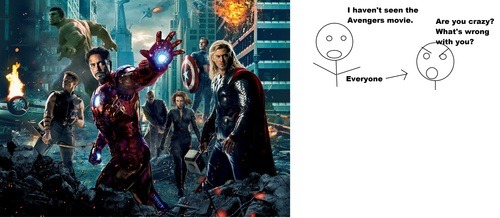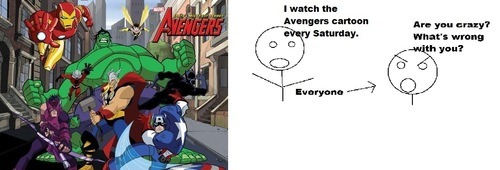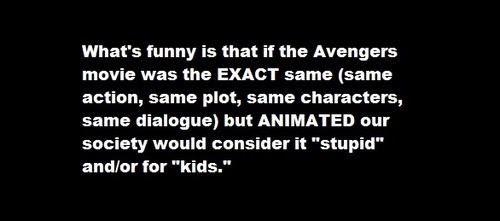Neil Gaiman, Brandon Sanderson, Tracy Hickman, Kevin J. Anderson, James A. Owen, Peter David, David Farland, Kristine Kathryn Rusch. What do these people have in common? Well, they're all professional, established writers, most of them are best-selling authors, and they all have books up on
StoryBundle.com right now. And I figured my followers would want to know about it.
StoryBundle lets you buy novels in groups, and let's
you decide how much you want to pay for them. So, you can get their Truly Epic Fantasy Bundle for $5, $20, $30--you decide. If you pay the average price that others have, or more, you get three bonus books.
This is the craziest bundle they've done so far. Neil Gaiman is known for Newbery Award-winning novel
The Graveyard Book, and for
Caroline, and
Stardust (which was turned into a film adaptation), and he's even written episodes of Dr. Who. Brandon Sanderson is an author I've mentioned several times on my blog. He wrote
Mistborn and finished the
Wheel of Time series. He's very popular in the fantasy world.
International and NYT Best-selling fantasy author Tracy Hickman is best known for the
Dragonlance series, and he has over fifty books in print. Kevin J. Anderson has had 51 of his books appear on national or international bestseller lists; he has won or been nominated for the Nebula Award, Bram Stoker Award, the SFX Reader's Choice Award, and
New York Times Notable Book, and has worked on the
Dune series and in the
Star Wars franchise.
And then my buddy and boss, David Farland has won plenty of awards and hit best-seller lists. He's also worked in the
Star Wars franchise, and on movies and video games, and taught #1
New York Times Best-selling writers such as Brandon Mull (
Fablehaven), Brandon Sanderson (
Wheel of Time), James Dashner (
The Maze Runner) and Stephenie Meyer (
Twilight).
Okay, bragging done. You can check out everyone's bios at StoryBundle. And of course, read what each novel in the bundle is about. It's a great deal, so if you're interested, fork out $5 to get six of them. Some of the money goes to charity (you decide how much).
And if you want to know about more novel bundles, you can follow
StoryBundle.






































